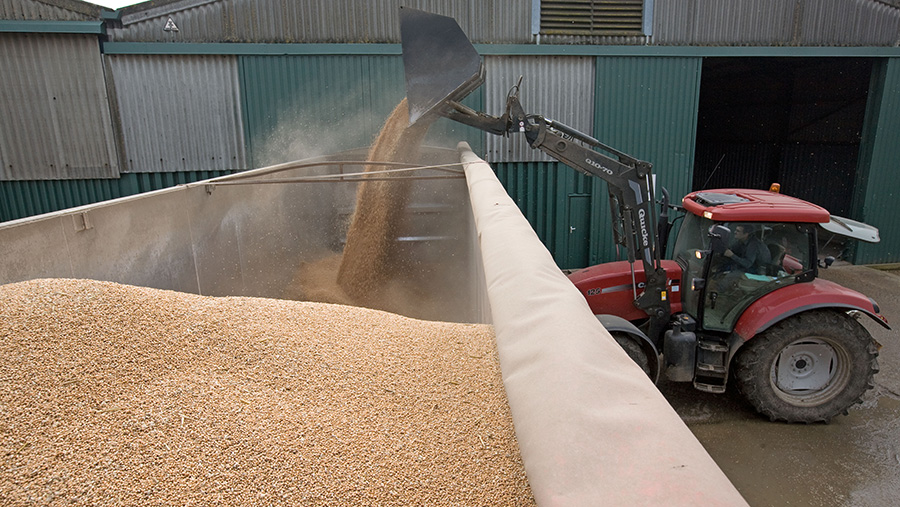Volatile farm prices ‘likely to become less extreme’
 © Tim Scrivener
© Tim Scrivener Farm prices over the coming months are unlikely to be as volatile as they were a decade ago, a leading agricultural economist told the House of Lords.
Paul Wilson, professor of agricultural economics at Nottingham University, said the early 2000s represented a period of historically low agricultural commodity prices before the market spiked in 2007-8 and then eased again.
“The outlook for agricultural prices is that they will not get back to the price spikes of 2007-8 in the near future but nor does the evidence suggest that those prices are going to go down to the lows we observed in the 2000s either,” he said.
Professor Wilson was giving evidence to peers on the House of Lord’s EU energy and environment sub-committee, which is investigating ways of helping farmers become more resilient to market volatility.
See also: Volatile weather ‘threatens British food production’
NFU head of food and farming Phil Bicknell said some sectors were finding it easier to cope with volatility than others.
Futures prices gave cereals growers an indication where prices would be in a couple of years but were not available as a tool to all sectors.
“The fact you can sell a crop before you have decided to put it in the ground gives flexibility and choice,” said Mr Bicknell. “But when we start to look at dairy and red meat, we perhaps don’t have those options.”
Some dairy farmers were able to take advantage of cost of production contracts – but these were only available for liquid milk, rather than for milk destined for processing.
On the other hand, red meat producers were very much price takers, said Mr Bicknell.
The committee is looking at how farmers can mitigate the effects of volatile commodity markets and currency fluctuations.
It is also examining the barriers to more effective on-farm price risk management, including longer-term pricing mechanisms.
Peers are exploring what role government should play in mitigating the impact of volatility and whether the CAP should be reformed so farmers can respond more effectively.
Further evidence sessions are due in January before the committee reports its findings later in the year.
